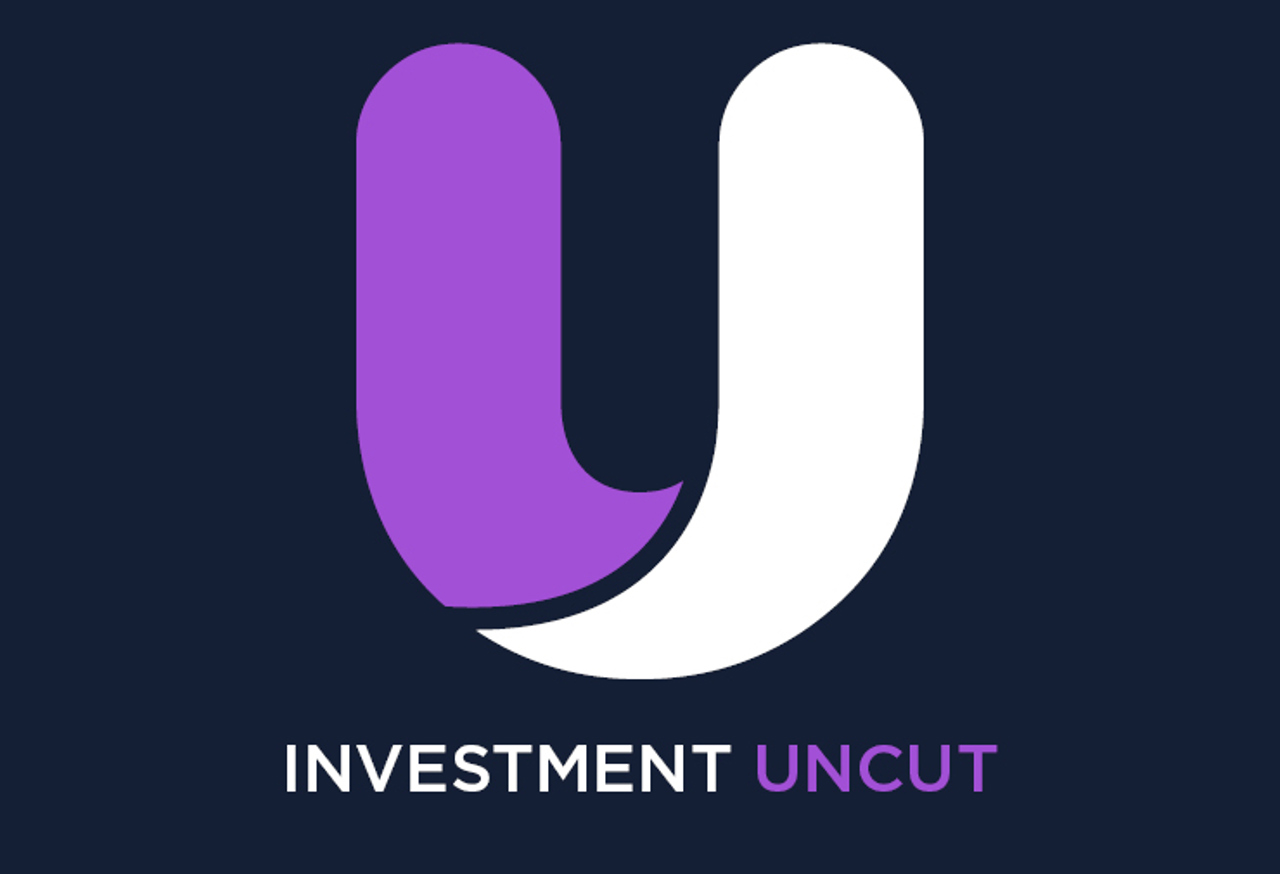You can listen to our podcasts online via the player below or search for 'Investment Uncut' and review, rate and subscribe on Apple Podcasts, Spotify, Pocket Casts or SoundCloud.
We’re back with a brand new season of LCP Investment Uncut! Kicking off Season 5, we have a real treat for our listeners: this episode was recorded live at our inaugural Investment Conference! Hear from guests and speakers, feel the buzz and note down those key takeaways.
This week we’re joined by Professor of Finance at London Business School, Alex Edmans. Alex also authored the book Grow the Pie and has presented numerous popular Ted Talks on corporate finance, responsible business, and responsible investing. Being a Professor means lecturing and doing research, but Alex recognises the practical relevance of the research he does and uses this to influence the practices of businesses and policymakers.
Links mentioned:
- Grow the Pie - Book
- Ted talk on Alex’s latest research (book on its way – watch this space!)
We discuss:
-
The process Alex went through to write his book, his focus on making rigorous research relevant to practitioners and accessible to a wide audience, and why he felt it was important to write the book now.
-
The grow the pie paradigm:
- The pie is a social value generated by a business. This can be split into profit for investors and value to society.
- The pie-splitting theory is that to grow one segment (say profit) means shrinking the other. The grow the pie theory turns this around and say you could do something purely for social good, and may find it leads to better profits.
- This isn’t just a case of finding one hand-picked example, his research shows a more fundamental connection, but Alex stresses that doing something for social good doesn’t automatically become monetizable.
- To maximise impact and return, Alex highlights the need to harness existing comparative advantage and expertise. A good example is a charity, which doesn’t try to do everything, but focuses on its stated area.
-
Does this cross over with shareholder value or enlightened shareholder value? They’re very similar ideas, to each other and to the grow the pie approach. The main difference is that with grow the pie, the motivation is intrinsic rather than instrumental (ie focused on long-term profit). Not all decisions can be made instrumentally – eg how much leave to give employees.
-
Investors = society, so growing the pie means improving livelihood for ordinary citizens.
-
Investor voting: there’s increasing appetite. A decade ago, responsible investment conferences had only niche players, but these days they’re full of the largest players. Larry Fink’s letter illustrates this too.
-
However, this is popular so need to look through headlines – eg managers voting against management so they can say they’re taking action, when the Company has already made progress in a certain area.
-
Warning signs for misguided behaviour: anything one size fits all.
-
What to look out for: an emphasis on process, not just pushing metrics. Boots on the ground approach. Use of full suite of tools at disposal, not only voting but engagement and discussion.
-
Next on Alex’s agenda: continuing to disseminate grow the pie, translation into other languages. Also, a co-author of the main textbook on finance, aiming to integrate principles of responsible business into the mainstream. Halfway through the book on misinformation and misuse of data – including a toolkit on whether to trust certain studies. Watch this space for the book!
What's one thing to take away?
Responsible business is good for business and for financial returns.
What's the most underappreciated thing about investing?
It has a huge impact on wider society – the way you make money is to support businesses that create value for society.
Any recommendations?
Each LCP Investment Uncut podcast is for information and marketing purposes only and does not constitute any form of investment or financial advice or a financial promotion (under the Financial Services and Markets Act 2000). All views expressed by the podcast hosts and guests are purely their own opinions and do not represent those of LCP, its clients or affiliates. LCP does not provide any warranty, guarantee, or representation as to the accuracy or sufficiency of the information featured in this Podcast. Past performance is not indicative of future returns. Our podcast listeners should always seek independent financial or legal advice before making any financial or investment decisions. Please refer to the Legal Notices section on the LCP website for further information.


